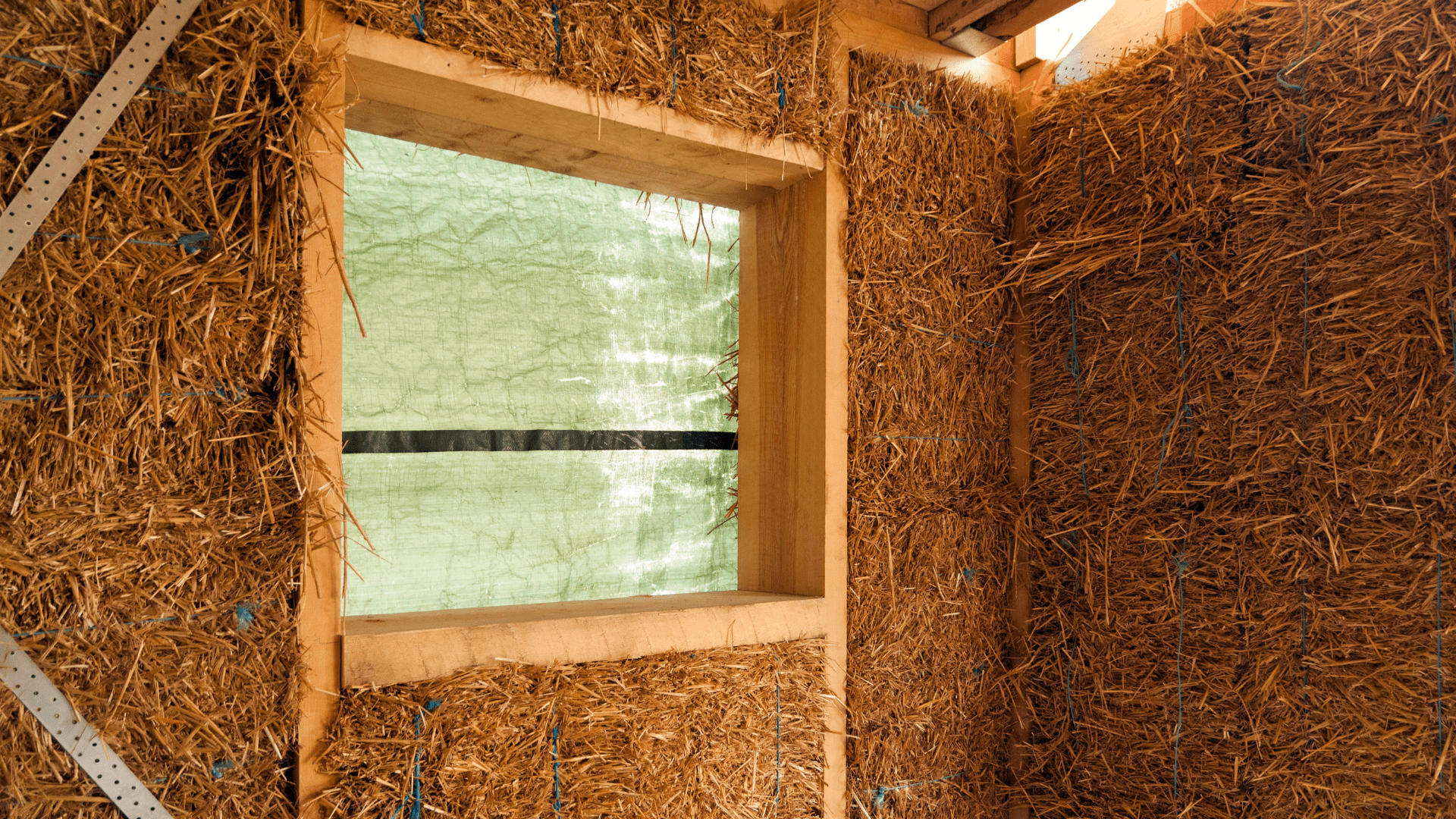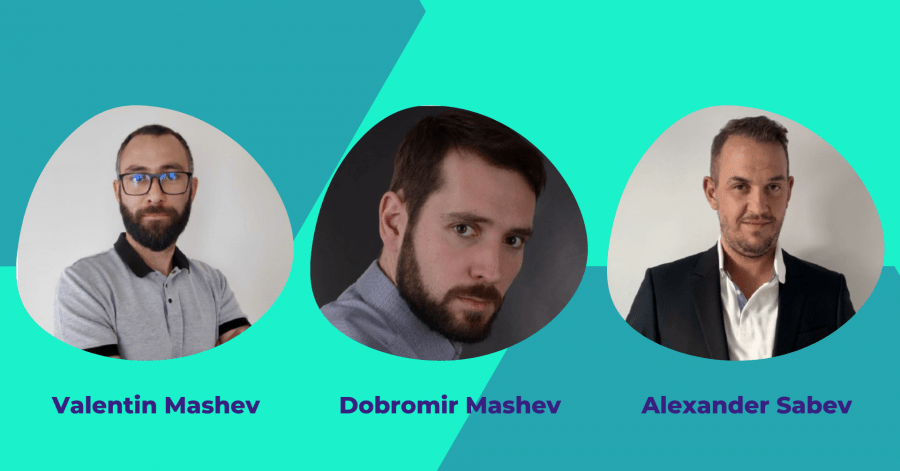How many of us choose sustainable materials for the construction and renovation of our dream homes?
While researching the regional supply of eco-construction materials for the renovation of their homes, two Bulgarians, Dobromir Mashev, and Alexander Sabev, came up with their business idea.
“Our initial research showed that the market in Bulgaria does not offer the variety of environmentally friendly materials, typical for Western European countries, such as Germany and Austria, for example. Moreover, such construction materials are too expensive for the majority of people who would like to build or renovate their homes,” Sabev shares with The Recursive.
For the second quarter of 2021, in Bulgaria, the construction of a total of 1 410 residential buildings has started. In addition, construction firms have started 663 other buildings. These have occupied more than 1.23 million square meters, all of which are for the needs of the shrinking Bulgarian population.
Regionally, the impact of construction is a topic that is only occasionally discussed. According to research, building and construction account for 39% of all carbon emissions in the world, with operational emissions (including energy used to heat, cool and light buildings) accounting for 28%. The type of materials used is also crucial for constructing the environmentally friendly buildings of the future many sustainability advocates are pointing out.
Sabev and Mashev decided to come up with a solution to enrich the variety of local materials and offer Bulgarian customers an alternative at an affordable price. With the help of Valentin Mashev, Senior IT Specialist and Java developer at DHL Enterprise Software Solutions, they set up an online store for environmentally friendly materials they imported from abroad, namely interior paint oil, coatings for wood, clay plasters, and natural insulation.
And while their online store – SEVAREX – was developing, they tapped into their natural insulation idea by applying for ClimAccelerator Black Sea – a local accelerator opportunity for startup teams in Bulgaria and Romania. The team prepared their own project for straw insulation and won a €5K grant to create a minimum viable product and launch it on the local market.
The Recursive talked to Alexander Sabev, Business Development and Marketing Lead of the team, to learn more about the idea behind straw insulation and the potential for local production and distribution.
Straw as a feasible alternative to traditional insulation materials
“We chose straw as the main component of our insulation because its supply in Bulgaria is steady. Straw is a byproduct of agricultural farming, which is well-developed in the country,” Sabev says. Apart from avoiding pollution, caused by transportation, straw is also considered to have zero, or even a negative carbon footprint itself, as it absorbs carbon dioxide while growing, research shows. A third and very important factor the team considered while choosing the material, was the insulation R-value of the material. In other words, the capacity of straw to keep heat from leaving a building during cold months and its heat-insulating. As it turns out, straw bales have an R-value of anywhere between R 2.38 per inch to R 0.94 per inch, similar to fiberglass and stone wool, making it a feasible alternative to less environmentally friendly materials.

Straw insulation, Photo Source: Canva Pro
The next steps
Sabev shares that the team is still in the research and development phase of the product development. In the next couple of months, the team will create a minimum viable product and start researching the local market. During the second phase of the project, the Sevarex team will initiate a semi-automated production line and expects to have a fully automated production in around 2 years.
The financing needed by the team to start the production process is calculated to be between €10K and €15K. According to the entrepreneur, the project will take between 3 and 4 years to be completed, with the total cost for development being roughly €100K. After creating an MVP and doing initial research of the local market, the team will turn its efforts towards attracting additional funding.
“We are building a bridge between tradition and sustainable technology. The product we chose for the production of our insulation is very common for Bulgaria and we would like to utilize it in an efficient way to contribute to a greener world,” Sabev concluded.








